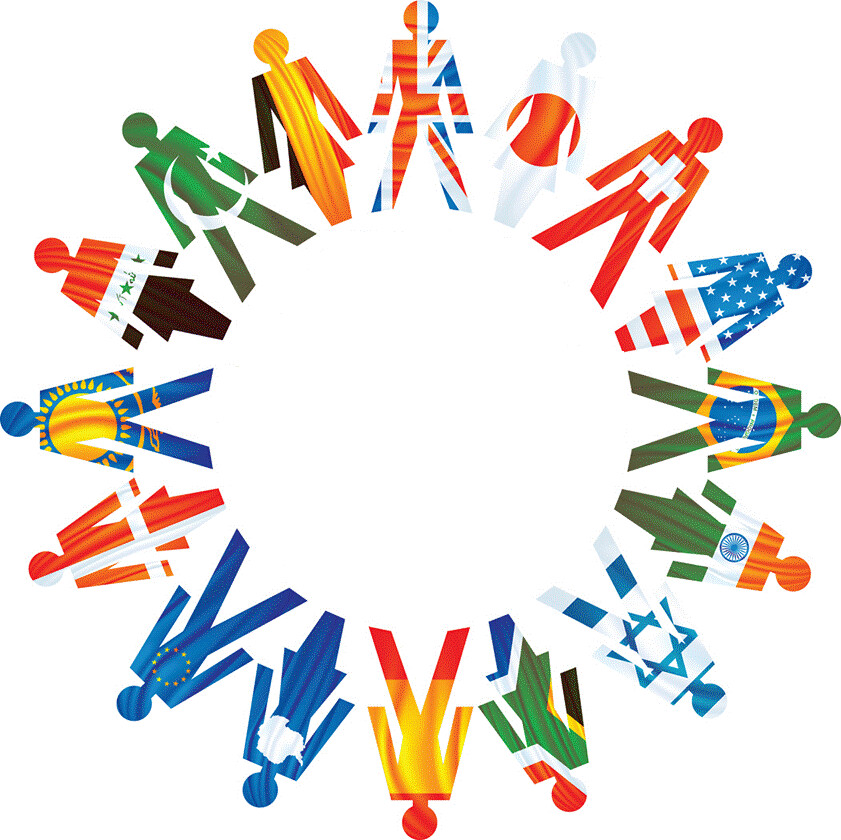Culture
Culture is simply defined as the language, beliefs, values, norms, behaviors, and even material objects that characterize a group and are passed from one generation to the next. Culture influences how a person or society views life and sets the standards for what is and is not accepted. There is material and nonmaterial culture. Material culture is the material objects that distinguish a group of people, such as their art, buildings, weapons, utensils, machines, hairstyles, clothing, and jewelry. Nonmaterial culture is a group's way of thinking and doing. This includes their beliefs, values, and other assumption about the word. It also includes their common patterns of behavior, involving language and other form of interaction. Our culture defines our values, norms, sanctions, folkways, and mores. Since we grow up only knowing and accepting our culture when we experience a new one it can give us what is known as culture shock. Culture shock is the disorientation that people experience when they come in contact with a fundamentally different culture and can no longer depend on their taken-for-granted assumptions about life. Culture also makes it hard for people not to look at another culture and judge their beliefs and traditions. Judging individuals or societies on their norm and behavior in a negative way is known as ethnocentrism. Culture relativism is trying not to judge a culture but rather trying to understand it on its own terms (Henslin). I think culture is what makes everyone unique. It provides our world with diversity and without diversity no one would be curious about new cultures and we would not have the desire to travel and experience these new ways of life. We also would not have cultural diffusion, which is the spread of cultural traits from one group to another. Culture changes, it goes through phases, and a lot of those phases are inspired by other cultures and societies. Without culture we would not be able to define ourselves and grow as a society.



Works Cited
Henslin, James M. "Origins of Sociology." Sociology: A-Down-to-earth Approach 12th ed, Upper Saddle River, NJ: Pearson Education, 2011. 1-32. Print.

No comments:
Post a Comment